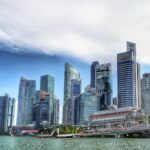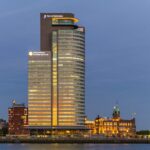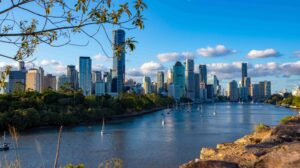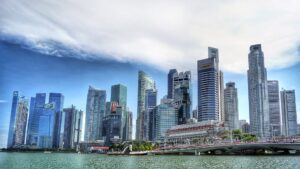
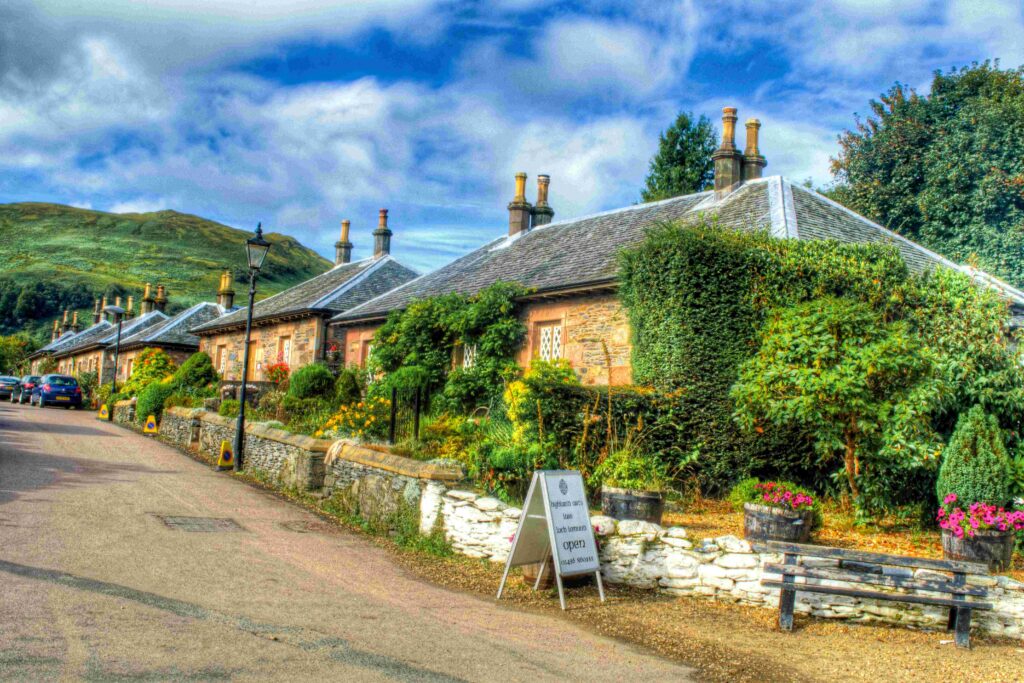
Sustainability and the built environment: Regulatory landscape in the United Kingdom for 2024
The real estate sector and the built environment play a crucial role in the UK’s ambitious goal of achieving net-zero carbon emissions by 2050. Consequently, it’s necessary for landlords to understand how sector-specific targets and regulations can impact their operations, ensuring that their property portfolios not only remain compliant but also actively contribute to the country’s mission towards net zero. This article explores the 2024 sustainability regulations for the built environment in the United Kingdom.
Navigating MEES Regulations for Landlords in 2024
One of the key instruments to achieve net-zero are the Minimum Energy Efficiency Standards (MEES). Introduced by the UK government to enhance the energy efficiency of rented properties, encompassing both residential and commercial spaces.
Currently, Minimum Energy Efficiency Standards (MEES) require that rented properties, both residential and commercial, must have a minimum EPC rating of E. Since April 2018, letting properties with EPC ratings F and G is unlawful, with certain exceptions granted, particularly for historical buildings.
Plans to increase MEES targets
Previously, the government had been planning to gradually raise these requirements over the next years, however these plans have been scrapped. These plans included increasing the minimum EPC rate to C from 2027 for commercial properties, and B from 2030 for both commercial properties and residential properties. Yet, in September 2023, Prime Minister Rishi Sunak announced that these future targets would be scrapped. While no future targets have been specified by the government so far, landlords can expect a slower trajectory than EPC B by 2030 to be announced. The current status of MEES requirements is subject to review, and future government policy regarding MEES targets and EPCs may hinge on general elections before the year’s end.
UK Sustainability Disclosure Standards (SDS)
The government is expected to introduce a set of harmonised sustainability reporting requirements under the UK Sustainability Disclosure Standards (UK SDS). Based on the International Financial Reporting Standards (IFRS SDS), disclosure requirements will apply to UK-listed companies, as well as other sizable enterprises and limited liability partnerships, following the decision of the UK government and the Financial Conduct Authority (FCA).
While hasn’t been any confirmed timeline for the implementation, it is expected that the disclosure requirements will apply from accounting periods onwards January 2025.
In summary
- While initially planned, the government has postponed raising MEES targets.
- The industry should expect revised trajectory to be developed this year, likely slower than the previously proposed B by 2030 target.
- The outcome of upcoming general elections may further influence government policy on MEES and EPCs.
- The government is also introducing the UK SDS to establish a harmonised sustainability reporting framework.
What to expect in the future
While the specific plans for MEES have been postponed, it is expected that new regulations and policies aimed at achieving net-zero in the built environment will be introduced soon, potentially driving a surge in renovations. Given that retrofitting buildings, and especially larger portfolios, can be time-intensive from planning to execution, it is vital that landlords, occupiers, and asset managers begin analysing their properties soon. At the outset, identifying high-risk buildings—those with the highest emissions and poorest energy efficiency—remains a foundational first step in this process. CFP’s Green Buildings Tool can help start this risk assessment process. While this can seem daunting, our team is always ready to guide you through these foundational steps.
Do you want to know more about how the Green Buildings Tool can assist you in achieving your sustainability goals? Get in touch with us for tailored advice.


